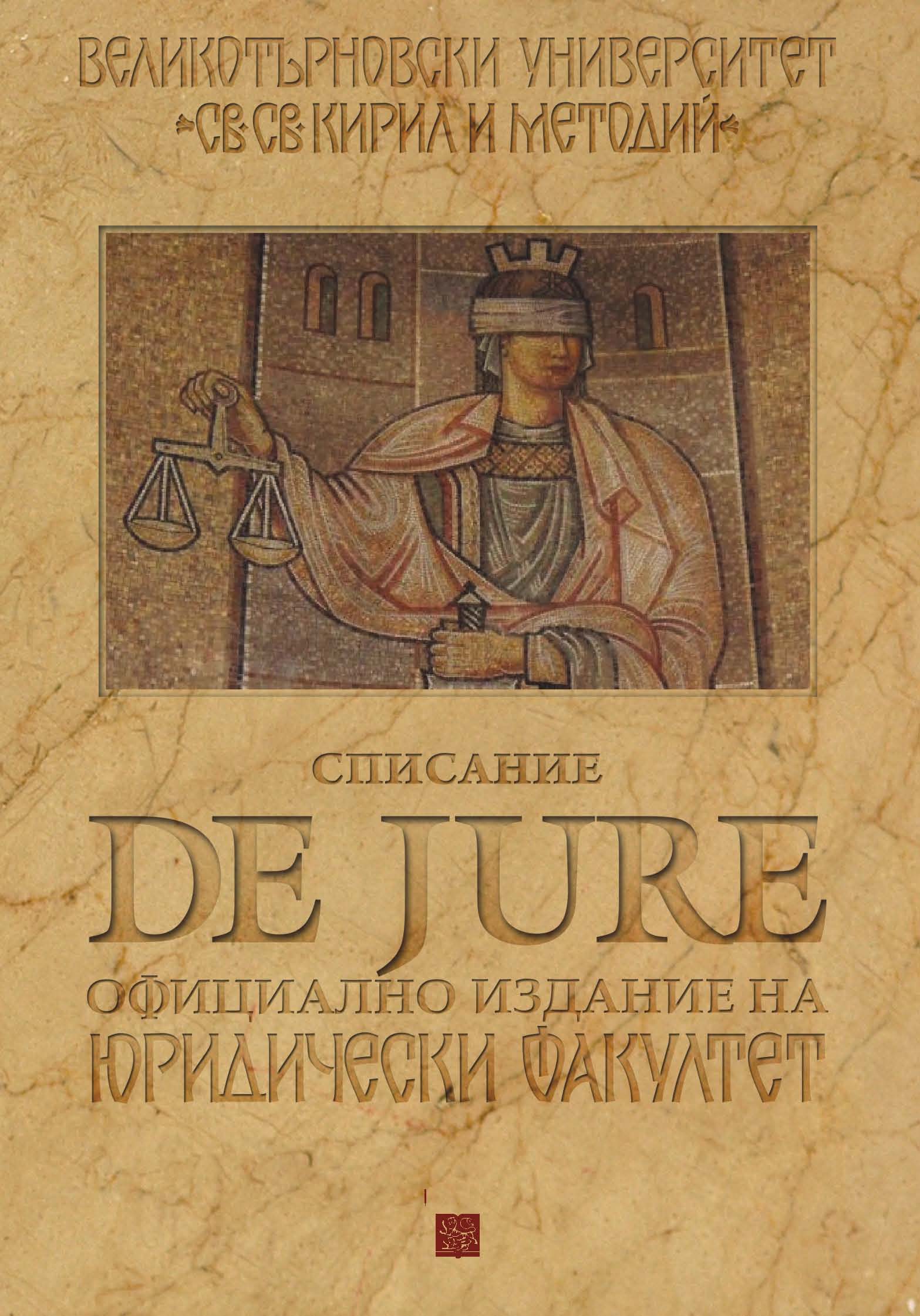Проблемни моменти при съпоставка на престъплението по чл. 255, ал.1 от НК в новата му редакция, с престъпленията по чл. 255, 256 и 257 в старата им редакция. Приложим закон
Difficulties when comparing crimes by s. 255, l.1 from the Criminal Code, in its new amendment, with crimes by s. 255, 256 and 257 in their old state. Applicable statute
Author(s): Veselin KolevSubject(s): Law, Constitution, Jurisprudence
Published by: Великотърновски университет „Св. св. Кирил и Методий”
Keywords: Criminal Code;the current legal standing at the moment the offence was committed;criminal law
Summary/Abstract: The analysis of the crimes based on s. 255, l. 1, 256, l.1 and 257, l.1 from the Criminal Code/National Newspaper, issue 62 /1997/ and their comparison with those based on s. 255, l.1 from the Criminal Code/National Newspaper, issue 75 /2006/ shows the existence of certain differences from a grammatical and lexical nature between the old and the new statutes. A diversified and contradictory judicial practice has been created, especially when it comes to the interpretation and application of the texts, and also when coming to a decision regarding the application of the more favourable for the doer statute. The author defends his case by stating that with the change in the Criminal Code there has been a movement from one type of criminal appeals to another type of criminal appeals that protect the tax system from a significantly larger and wider range of crimes. At the same time, after the amendment in the Criminal Code/National Newspaper, issue 75 /2006/, some elements from the criminal appeals from s.255, l.1 and s.256, l.1 from the Criminal Code/National Newspaper, issue 62 /1997/ have been incorporated in the criminal appeal from s.255, l.1 from the Criminal Code. The indications of the offence from s.255, l.1 and s.256, l.1 from the Criminal Code/National Newspaper, issue 62 /1997/ have been incorporated completely in the content of s.255, l.1, p.1 and p.2 from the Criminal Code. The indications of the offence from s.255, l.1 from the Criminal Code/National Newspaper, issue 6/1997/ have been copied word by word in the content of s.255, l.1, p.1 and p.2. After the amendment in the Criminal Code through the Law for amendment of the Criminal Code/National Newspaper, issue 75/2006/ only the favourable appeal from s.257. l.1 from the Criminal Code can not be applied. The opportunity to apply the administrative punishment on light cases from s.255 and s.256 from the Criminal Code/National Newspaper, issue 62 /1997/ is no longer available. However, the question which statute is enforced when these crimes are committed – the old or the new amended one – still stands? The general principle in criminal law is that the statute, which is enforced, is the one that has the current legal standing at the moment the offence was committed – s. 2, l.1 from the Criminal Code. The principle loses its purpose only when a new criminal statute, which softens the penal repression, is enforced – the rule about the reverse effect of the more favourable statute. Therefore the court should always look closely at every particular case and every particular principle offender, taking into account all circumstances and details and treating them as a whole.
Journal: De Jure
- Issue Year: 9/2014
- Issue No: 2
- Page Range: 33-37
- Page Count: 5
- Language: Bulgarian

